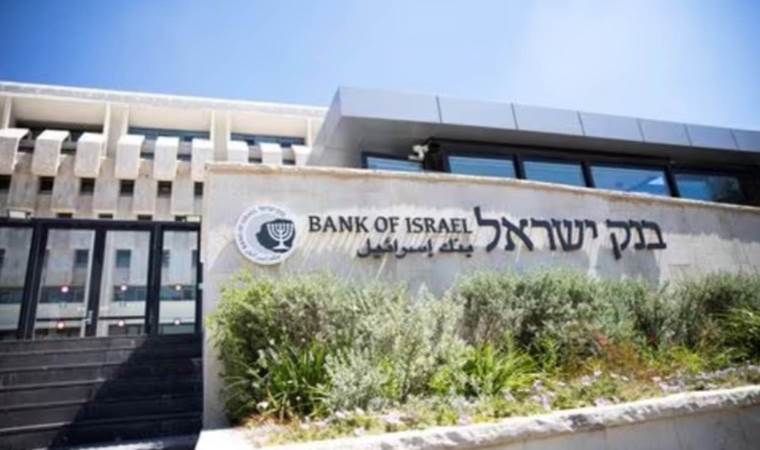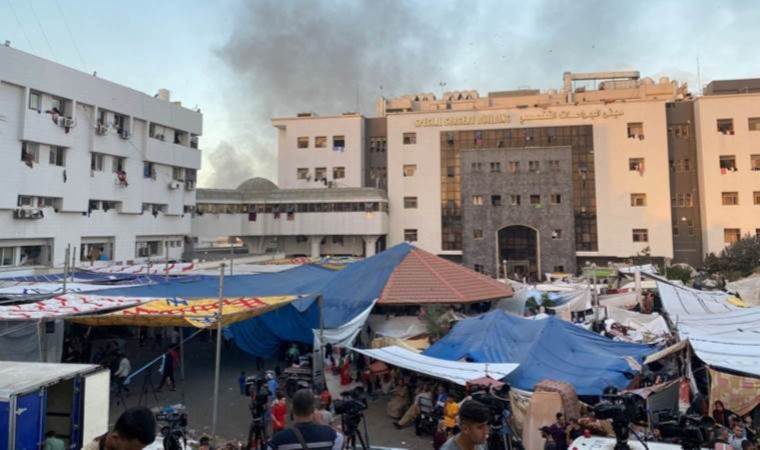Bank of Israel says too soon to lower rates due to war uncertainty
The Bank of Israel kept short-term borrowing rates unchanged for a fourth straight decision on Monday and said that it was too soon to lower interest rates due to economic and financial uncertainty during Israel's war against Hamas.

The central bank held its benchmark rate (ILINR=ECI) at 4.75% - its highest level since late 2006. It had raised rates 10 straight times in an aggressive tightening cycle that has taken the rate from 0.1% last April before pausing in July and again in August and October.
All 14 economists polled by Reuters had forecast no rate change but with inflation coming down and the economy set to slow as a result of the war, analysts believe rate cuts could begin at the subsequent policy decision on Jan. 1, 2024.
"We need to recognise the fact that we are still in an environment of very high uncertainty," Bank of Israel Governor Amir Yaron told a news conference after the decision.
"The hasty use of the interest rate tool in an environment of such significant uncertainty, if things reverse, it will only increase volatility in the financial markets and it could require time or bigger tools to fix it. Therefore, for now we are waiting for the entrenchment of stability in the financial markets and only after that we can weigh using monetary tools moreover."
Yaron noted that Israel's risk premium remained high, even though the shekel has recovered 8% versus the dollar after sliding 6% at the outset of the war.
The central bank cut its forecasts for economic growth in 2023 and 2024 in view of the impact of the war, now seeing an expansion of 2% next year, down from 2.8% a month ago - given an expectation that the war will be contained near the Gaza border and continue into 2024.
The forecast estimates that the budgetary costs of the war - expenditures plus loss of income - are expected to total 10% of GDP.





